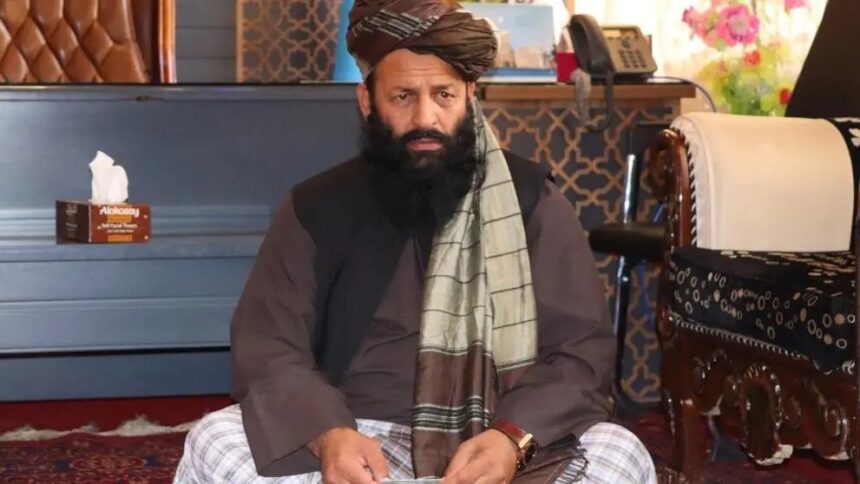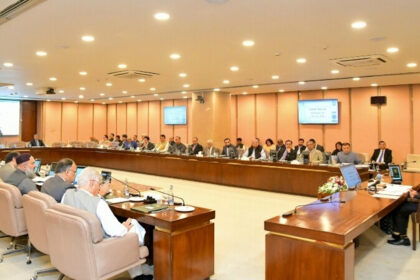RASC News Agency: The Taliban’s Ministry of Education has announced the appointment of Mohammad Sharif Halimi, a former police commander in Paktika, as the Director of Education for Nangarhar Province. The decision, issued by the Taliban’s supreme leader, has sparked criticism due to Halimi’s complete lack of formal academic education. During his inauguration, Halimi expressed his commitment to using his “experience” to establish a “standardized and advanced educational system” in Nangarhar.
On Sunday, several local Taliban officials attended the ceremony introducing Halimi to his new role. The Ministry of Education referred to Halimi as “Mawlawi,” a title denoting religious scholarship. However, it remains unclear whether he possesses any qualifications beyond his religious studies. Sources close to Halimi revealed that he received his religious education at a madrasa in Pakistan and has never attended a formal school in Afghanistan.
This appointment underscores a troubling trend within the Taliban administration, where individuals with no formal expertise are placed in critical government positions. Since seizing power on August 15, 2021, the Taliban have systematically dismissed experienced professionals from public offices, replacing them with clerics educated exclusively in religious seminaries.
Most senior Taliban officials have been trained in Pakistani madrassas, and the group frequently claims that its governance model adheres to an unparalleled standard of Islamic principles. However, their approach starkly contradicts core Islamic values such as meritocracy and the imperative of entrusting responsibilities to those with the requisite expertise.
The irony of this approach is exemplified in Halimi’s appointment: an individual who was recently a mosque imam can be promoted to military commander and subsequently appointed to lead a key provincial department. The Taliban’s leadership has now entrusted the management of Nangarhar’s education system to someone who has never set foot in a formal classroom, raising serious concerns about the future of education under their rule.






